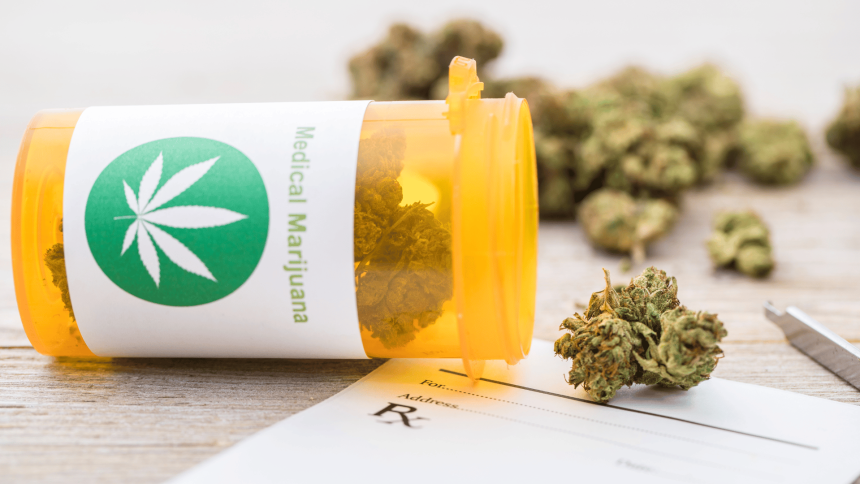Nearly 6,600 patients across the Magnolia State are now in possession of a medical marijuana card, with another 1,800 set to receive one in the coming months.
The number of Mississippians who have opted into using medical cannabis products in the state has been steadily growing since October of 2022, according to Mississippi Medical Marijuana Association Executive Director Ken Newburger.

Newburger explained that the number of patients in Mississippi was totaling in at almost 1,900 in late January, a massive rise from only 300 residents three months prior. Now, the Mississippi Medical Cannabis Act is in full swing throughout the state, with the number of cardholding residents rising to nearly 10,000 in just six months.
At this time, only select doctors can write prescriptions for patients to receive medical cannabis, making it more difficult for individuals to complete the steps required by the state to qualify.
Dr. Kirk Kinard, president of Pause Pain & Wellness and member of the Mississippi Board of Medical Licensure, said that there are additional steps included in the application process for patients that fall within certain age groups.
“The 18 to 25-year-old range, by the law, requires two certifiers, one being a physician. That’s a double barrier to protect that adolescent age group,” Kinard said. “That region of your brain that needs to fully develop by 25, I think that’s a good mark.”
Kinard explained that although there are effective barriers in place to protect the health of younger applicants, the average age for a cardholder in Mississippi is currently around 55 years old.
“The responsible opioid patient is tethered by it. They don’t want to come every month and pee in a cup for me and follow all of these rules. They want pain relief and to end suffering,” Kinard explained. “As they initiate it, they taper themselves off. They don’t have to wait on us to do it. I’ve seen it in action, it’s happening.”
Newburger added that the number of approved applicants is expected to rise over time as the sale of medical marijuana continues.
“If you take a look at other states, they also saw a larger uptick once product was made available,” he said. “There are a lot of people who forgot about medical marijuana in 2020. Once it got overturned by the Supreme Court in 2021, they kind of lost hope, but now that they’re seeing these stories… they’re starting to look at the actual program.”







